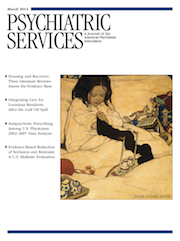Reunion
The book Reunion is the first novel of James Kennedy George, Jr., after his retirement from a successful corporate career. The author sets the stage with an initial phone call inviting him to the 45th high school reunion of graduates from Princeton High School in West Virginia, and while delivering stories about those wonderful years, he manages to touch many important aspects of life.
The characters are not superheroes, and there are no intricate thoughts delivered in a subliminal way. Instead, the characters come across as real people, similar to those with whom I shared my high school years: the happy types and the risk takers, the more formal and the class clowns, and the “other kids”—those who occasionally would antagonize others. They are characters much like those most readers will remember from their high school experience. Drawing parallels with one’s own school years is easy and irresistible—so easy that it makes the novel feel very real.
In the story, Jimmy, the main character, reflects on his experiences: “More vivid memories, etched-in-stone experiences, remain about my classmates than about my own parents.” This is a phrase that many readers can identify with. He describes the struggles to reconcile ambivalent feelings toward parental figures and their flaws. The emotions during those important dialogues are distilled from the book to our psyche.
The period of the book is the 1960s, which brings other important themes to the reader’s attention: segregation-desegregation struggles and the contrasting views of parents versus teens. The author conveys a time when young minds were so open to break away from preconceived ideas and yet youths were respectful of their parents’ views.
On the down side, I found some chapters to be somewhat slow, but I could not help but think that the information that appears somewhat irrelevant to me may have an important emotional meaning to the author, maybe even for other readers. At times it appeared to me that there was no ultimate goal or end point until I realized, much like life, the book’s teaching points have been given all along.



